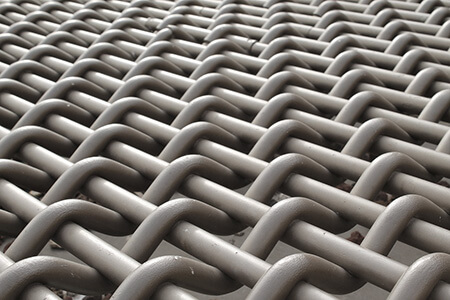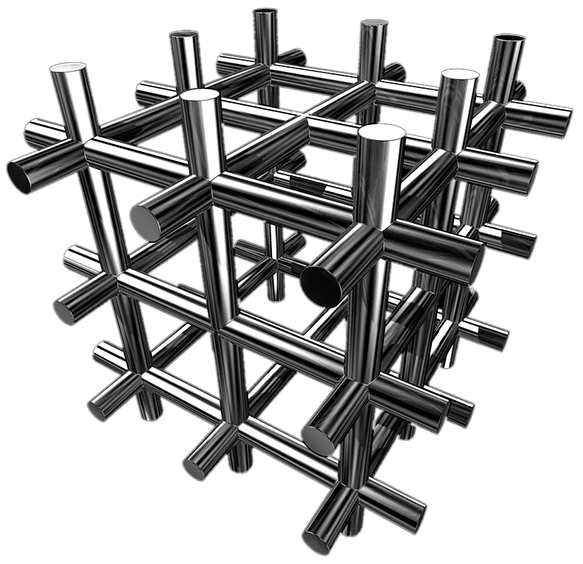This is a lesson summary. The full lesson can be viewed by purchasing an online course subscription.
Learning Objective
In this lesson we will learn about the different physical properties of metals and some of the many uses they are suitable for.
Learning Outcomes
By the end of this lesson you will be able to:
- Describe physical properties common to all metals: lustre, electrical conductivity, thermal conductivity, malleability and ductility.
- Describe physical properties that vary among metals: melting point, hardness, strength and density.
- Describe the arrangement of atoms in metals and explain how it accounts for their physical properties.
- Give examples of uses of metals that take advantage of their unique properties.
- Describe alloys and give examples of how their superior properties make them more suitable in certain situations.

(Image: Pexels, Pixabay)
Lesson Summary
- Metals are a large group of elements with a common atomic arrangement and similar properties.
- Metallic structures consist of lattices of metal ions surrounded by delocalised electrons.
- These structures are held together by strong metallic bonds.
- Physical properties common to all metals include:
- Metallic lustre – a mirror-like shininess when freshly cut or polished.
- Malleability – the ability to be bent into different shapes.
- Ductility – the ability to be drawn into wires.
- Electrical conductivity – the ability to conduct electric charge.
- Thermal conductivity – the ability to transfer heat.
- Other properties common to most metals include:
- High melting point.
- Hardness.
- High strength.
- High density.
- Alloys are mixtures containing a metal and one or more other elements.
- Substitutional alloys are those where atoms within the metallic lattice are replaced by other atoms.
- Interstitial alloys are those where additional atoms occupy spaces within the metallic lattice.
- Alloys are metallic structures with enhanced properties compared to their components.

(Image: TheDigitalArtist, Pixabay)
(Header image: Homar, Pixabay)
